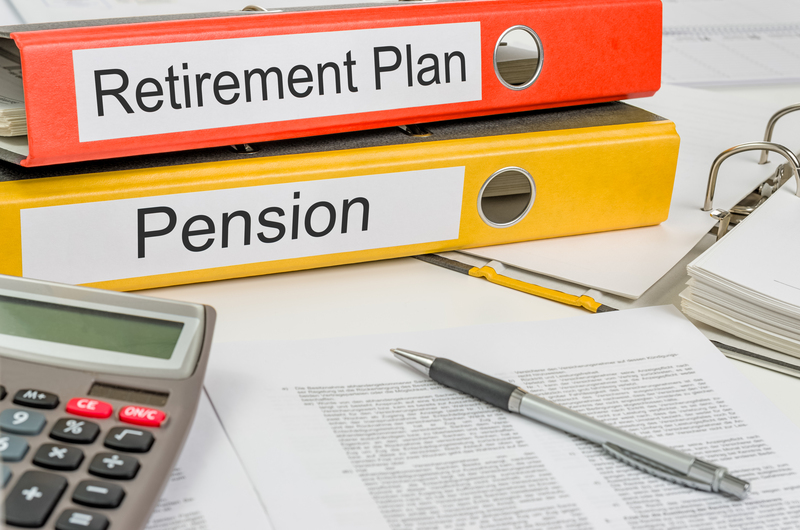Remember These When Planning Your Move
Posted on 28/03/2025
Planning a move can be a daunting task, filled with numerous details and potential pitfalls. Focusing on key elements and strategies can transform your moving experience from a stressful event into a smooth transition. Whether you're relocating across town or to a new country, here are essential factors to consider when planning your move.
1. Create a Moving Checklist
A moving checklist is your best friend throughout the relocation process. It helps you stay organized and ensures you don't forget critical steps. Break down the tasks week-by-week. For example, start with decluttering and packing non-essentials a month before the move, followed by notifying utilities and changing your address two weeks in advance.

2. Budget for Your Move
Moving can be expensive, so it's essential to set a budget. Account for costs such as hiring movers, renting a moving truck, packing supplies, and potential temporary lodging. Also, remember to budget for any unexpected costs like last-minute repairs or cleaning fees.
3. Hire Reputable Movers
Researching and hiring a reputable moving company can make a significant difference. Look for reviews and recommendations online, check licenses and insurance, and get quotes from multiple companies. Don't always go for the cheapest option; reliability and service quality are critical aspects to consider.
4. Declutter and Donate
Moving is an excellent opportunity to declutter your home. Sort through your belongings and decide what to keep, donate, or throw away. This step will not only reduce the amount of stuff you have to move but can also result in lower moving costs.
5. Pack Strategically
Start packing early, beginning with items you use the least. Ensure you have the right packing supplies like boxes, bubble wrap, and packing tape. Label each box with its contents and the room it belongs in to make unpacking easier. Use smaller boxes for heavy items to avoid injury or damage.
Pros and Cons of Hiring Professional Movers
Pros:
1. Efficiency: Professional movers are experienced and can pack and move your belongings quickly.
2. Safety: Less risk of injury or damage to your items as professionals know the best practices.
3. Convenience: Saves you a significant amount of time and effort.
Cons:
1. Cost: Hiring movers can be expensive, especially for long-distance moves.
2. Control: You have less control over how your items are packed and moved.
3. Scheduling: You must adhere to the movers' schedule, which can be restrictive.
Tips for a Smooth Move
1. Label Everything: Detailed labels on your boxes will help you and the movers place boxes in the correct rooms.
2. Keep Essentials Separate: Pack a separate box with essentials like toiletries, clothes, and important documents that you'll need immediately.
3. Photograph Electronics: Take photos of the wiring setup of your electronics to make reassembly easier.
4. Notify Important Parties: Remember to inform your bank, post office, and others of your new address.

Key Takeaways
- Always create a detailed moving checklist.
- Budget your move carefully and include a buffer for unexpected expenses.
- Declutter your home to simplify your move and reduce costs.
- Hire reputable movers and understand the associated pros and cons.
- Pack strategically, starting early and labeling everything.
- Keep important items and documents with you to avoid losing them.
Conclusion
Moving doesn't have to be stressful if you plan it right. Creating a checklist, budgeting, hiring trusted movers, decluttering, and packing strategically are crucial steps to a successful move. By keeping these tips in mind, you'll make your relocation process more manageable and efficient.
Remember, a well-organized move sets the stage for a positive start in your new home. Happy moving!
Latest Posts
Time Estimate for Moving House
Career Shifts: Finding Balance Between Work and Home
Tips for Moving a Computer Securely
House moves and hare care: Preparing your rabbit for the journey







